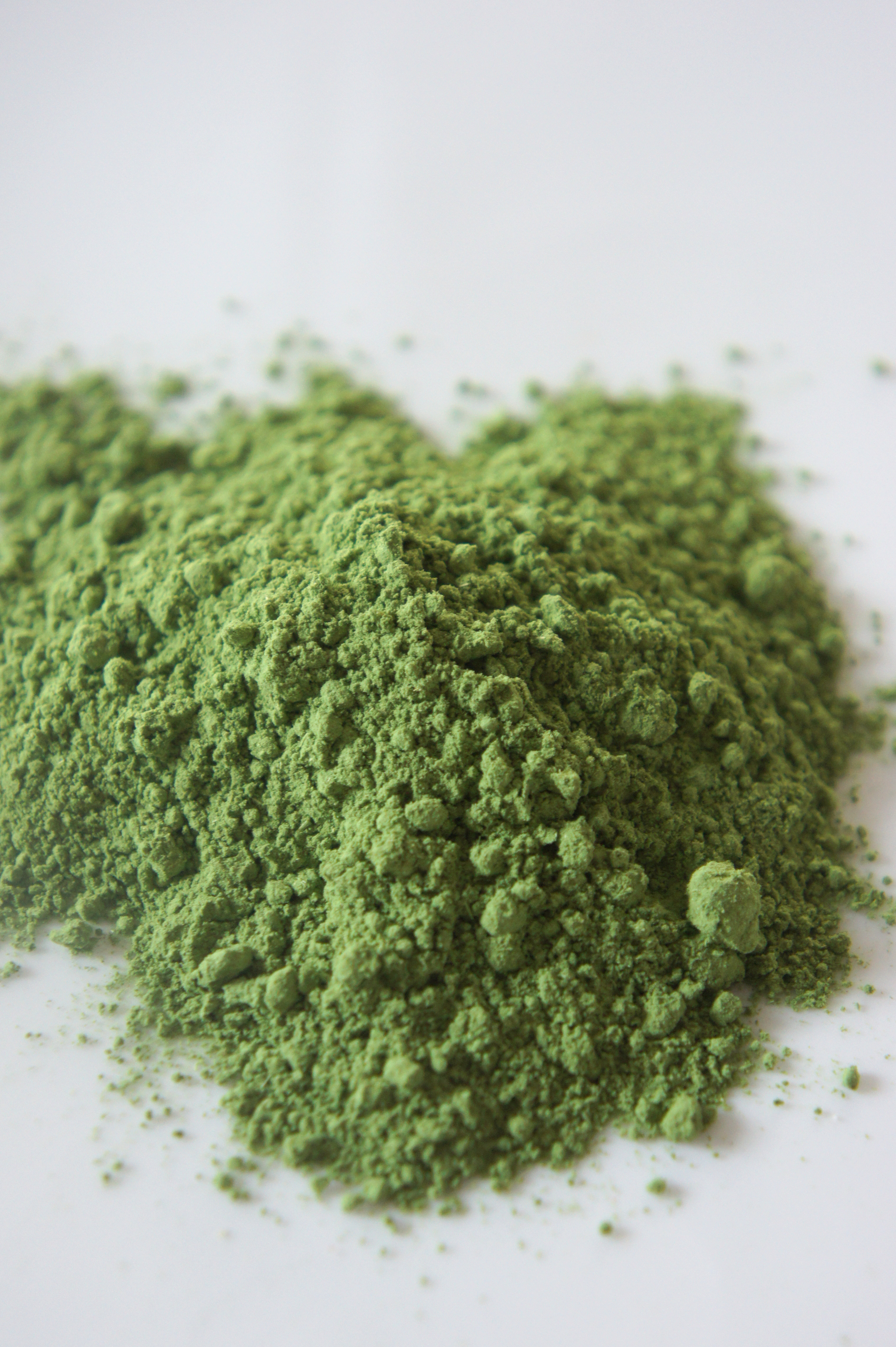Natural or synthetic vitamins how to tell the difference and how to make your own.
Hey there!
Vitamins. They are good for when you are feeling a bit under the weather or the weather itself is challenging. You might have a chronic illness or need to watch your vitamine and mineral intake with a little more care because you're vegan or vegetarian or just in general to stay healthy and make sure you don't develop any deficiencies.
I've tried a lot of different supplements lately for different reasons, but haven't found one I am really satisfied with. Many of them have a few good ingredients but also some that I don't really want, mostly the ingredients that are synthetic.
Synthetic vitamins are much harder for the body to assimilate because they don't come in a naturally occurring synergetic package with their own minerals, enzymes and co-vitamin helpers to help facilitate the absorption.
Mother nature really does take good care of us.
When taking synthetic supplements, we need to have the knowledge which minerals and enzymes the vitamin needs and uses to be absorbed and supplement that too. It can get quite complicated like that. You almost need to do a whole orthomolecular study to be sure you're not going to create deficiencies or overdosis and imballances by supplementing with synthetic supplements. And even still people who studied this and think they know all about it make mistakes. For example a synthetic version of the B6 vitamine called pyridoxine hydrochlorine was created and aproved as safe. It is now used in practically all multi vitamin supplements while they recently found out that 70 % of people can't break this synthetic vitamin down and with high dosage it accumilates and is a danger to the nervous system.
So, I say be safe, make use of the benefits of Mother nature and take your vitamins natural, if you can.
When you buy a multi vitamin supplement how do you know which ingredients in there are natural and which ones are synthetic?
It is a little tricky as companies that sell vitamins can put the term 'Natural' on their product without having to go through a check up ( unlike with the 'term' organic luckily, which has very strict check ups and so can be trusted). So it can very well say 'Natural' on a multivitamin jar and have synthetic ingredients.
The only thing you can do is check the ingredient label. When the source of the vitamin is shown as a food source you can be sure it is natural.
Below You can see the natural sources of vitamins to help you determine if what you are buying is natural or not.
How to tell the difference between synthetic and natural vitamins
• Vitamin A: Natural sources are carrots, fish oils, sweet potatoes, and spirulina. Synthetic sources are from acetate, palmitate, retinol, or if there is no source then it is usually synthetic.
• Vitamin C: Natural sources are citrus fruit, chickweed, acerola cherry, rose hips and green pepper. Synthetic sources are from ascorbic acid, calcium ascorbate and ester C.
• Vitamin D: Natural sources are fish oil and shitake mushroom. Synthetic sources are irradiated ergosterol (yeast) and cholecalciferol. If the source is not given it is usually synthetic.
• Vitamin E: Natural sources are D-alpha tocopherol, wheat germ oil, safflower oil, nuts and rice bran. Synthetic sources are mixed tocopherols, DL-alpha tocopherol, or if the source is not given, it is probably synthetic.
• Vitamin K: Natural sources are alfalfa, menaquinone, phylloquinone, wheat grass, barley grass and spinach. Synthetic source is menadione. If there is no source then it is presumably synthetic.
• Vitamin B1 (also known as Thiamine): Natural sources are yeast, wheat grass, wheat germ, beans and blackstrap molasses. Synthetic sources are thiamin mononitrate and thiamin hydrochloride.
• Vitamin B2 (also known as Riboflavin): Natural sources are rice bran, wheat grass, wheat germ, yeast, flaxseed and rose hips. If the source is Riboflavin it is synthetic.
• Vitamin B3 (also known as Niacin): Natural sources are yeast, barley and wheat grass. If the source is niacin it is synthetic.
• Vitamin B5 (also known as Pantothenic Acid): Natural sources are wheat grass, yeast, rice bran, chlorella, flaxseed and rose hips. If the source is calcium pantothenate it is synthetic.
• Vitamin B6 (also known as Pyridoxine): Natural sources are wheat grass, rice bran, yeast, chlorella, wheat germ, bee pollen, flaxseed and rose hips. If the source is pyridoxine hydrochloride it is synthetic.
• Vitamin B7 (also known as Biotin): Natural sources are rice bran, wheat grass and wheat germ, liver, yeast, chlorella, kelp, flaxseed and rose hips. If the source is D-biotin it is synthetic.
• Vitamin B9 (also known as Folate): Natural sources are wheat grass and wheat germ, rice bran, chlorella, flaxseed, kelp and rose hips. If the source is pteroylglutamic acid or folic acid, it is synthetic.
• Vitamin B12 (also known as Cobalamin or Cyanocobalamin): Natural sources are cobalamin, wheat grass and wheat germ, rice bran, yeast, chlorella, kelp, bee pollen, rose hips and flaxseed. Synthetic versions are streptomycin fermentation and cyanocobalamin.
( from: http://energyfanatics.com/2008/10/19/how-to-natural-synthetic-vitamins)
Not only can you use this to avoid synthetic vitamins but it can also be a guide for you to see which foods are good to eat to get most of a certain vitamin or which superfood you can take in powdered form as a supplement, should you want to go all natural and make your own supplements.
It happened to me! I used a mostly natural multi vitamin and mineral supplement called 'Bio basics' from the brand Life plus. It had tons and tons of goodies in there, like overkill, but.. also combined with for example the synthetic form of vitamine c: ascorbic acid, which can be a bit hard for the liver. Also it had bentonite clay and physilium husk in it which is good for cleaning the gut, but to have it every day was a bit much for me. Soem people really benefit by this formula, all their ailments go away and they don't want to live with out it anymore. I say good for them, but it just wasn't my kind of formula. And not unimportant was that it cost 60 euro's for a month of supply.
So..now I am going to try to make my own formula, keeping in mind that often 'less is more.' I have found a good example of a total nutrition formula online that inspired me. It is created by a generous person called Doc Shillington, who not only sells it but also shares how to make it freely.
I thought that was worth a share.
This is the formula:
Total Nutrition Formula Recipe
With this recipe a “part” means a measurement by volume and not weight. What volume you use is up to you. All ingredients should be organic or wildcrafted.
1 part Alfalfa Grass Powder
1 part Barley Grass Powder
1 part Wheat Grass Powder
1 part Norwegian Purple Dulse Seaweed Powder
1 part Beet Root Powder
1 part Spinach Leaf Powder
1 part Rosehips Powder
1 part Orange Peel Powder
1 part Lemon Peel Powder
1 part Astragalus Powder
1.5 parts Spirulina Green Algae
1.5 parts Chlorella Broken Cell Algae
5 parts Yeast Flakes
5 parts Yeast Powder
Remember, it’s not how many nutrients you can get into your system, it’s how many quality ingredients your body can absorb and use.
Combine all ingredients. Mix thoroughly. You may need a dust mask when mixing, as the powders can get into the air and irritate the nose and throat. We mix ours on a patio when there is no wind where we can easily rinse off the mess.
Use 1-2 teaspoons as a daily addition to any drink.
This is taken from the website: http://www.organiclifestylemagazine.com/total-nutrition-make-your-own-homemade-multivitamin-and-mineral-formula
He mentions that:
'Both the yeast flakes and the powder must be non-active saccharomyces cerevisiae nutritional yeast fortified with B12. Which is safe for patients with Candida albicans.'
But I did some research and found out that fortified yeast flakes and powder are fortified with a synthetic complex of B vitamins. What a pity, as it has that synthetic B6: Pyridoxine hydrochloride in it that is so hard to break down and a risk for the nervous system. I decided I am not going to add them to my mixture, instead I will take brewers yeast pills on the side. It has less concentrations of all the B vitamins and no B12 at all, but for that I take some methylcobalamin as that does appear to be a natural form of Vitamin B12. I rather go natural. I will also leave out some other things that my body is not fond of and replace some ingredients that have the same effect but grow locally.
These days you can get many superfoods in powdered form online.
For the workings and benefits of the ingredients of above recipe you can find a list on their website.
I hope this was of use to you and that you will get creative and in the best possible imagined steemit scenario, tell me how that worked out.
I wish you the best of health.
Upvote and resteem to spread the knowledge if you like.
Lots of love Clara
This was an ecotrain post, for more healthy information check out @ecotrain
For our fantastic writers most amazing articles of last week:


After a lot of searching I found a good organic and affordable alternative for the B complex vitamins including B12 instead of fortified yeast flakes, which has synthetic vitamins in it. This one is made with only natural organic ingredients and will last you two months:
The Synergy Company Organic Super B Complex 60 Tabs